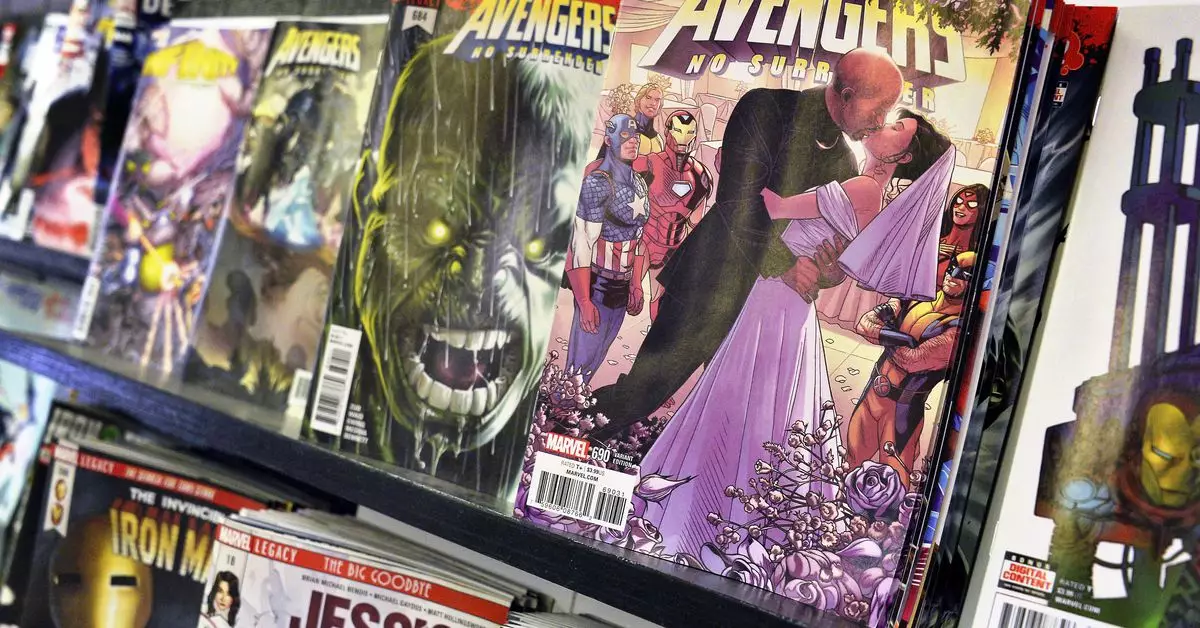In a surprising twist in the realm of superhero intellectual property, the long-standing joint ownership of the “Super Hero” trademark by Marvel and DC Comics has been disrupted. This seismic shift comes as the United States Patent and Trademark Office (USPTO) has officially canceled the companies’ claims to several key trademarks. The catalyst for this change? A small but ambitious company known as Superbabies Limited, which produced a unique comic series featuring superhero babies. This landmark ruling signals potential challenges that larger corporations might face from smaller entities in the entertainment industry.
Superbabies Limited, under the direction of its creator S.J. Richold, initiated the trademark challenge against the comic book giants after experiencing a roadblock. DC Comics, in particular, attempted to hinder Richold’s marketing efforts for the “Super Babies” series, prompting a legal response. The law firm representing Richold noted this aggressive stance, framing it as an infringement on a budding creator’s ability to promote their work. This instigated Richold to defend his rights in court—a narrative that resonates with many independent creators striving for their place in a notoriously competitive industry.
What makes this case particularly interesting is the failure of Marvel and DC to respond to Richold’s challenge by the stipulated deadline of July 24, 2024. It is a stark reminder of the importance of vigilance in legal matters, especially for corporations that have dominated the superhero narrative for decades. The USPTO’s decision resulted in the cancellation of four significant trademarks, including the iconic “SUPER HERO,” which had been registered since 1967. This cancellation underscores the potential vulnerabilities large organizations can face when they neglect to defend their intellectual properties proactively.
While Marvel and DC still retain certain trademarks, such as “SUPER HEROES” and “SUPER-VILLAIN,” the implications of this case extend beyond mere legalities. The outcome is a potential victory for independent creators and showcases the precarious nature of trademark ownership in an ever-evolving market. It also raises questions about the ethical responsibilities of massive corporations in safeguarding their interests without infringing upon the rights of smaller entities. As the entertainment landscape continues to diversify, this type of challenge may become a more common narrative, highlighting the balance between protecting intellectual property and fostering innovation.
For those looking to delve deeper into this fascinating topic of superhero trademarks, legal insights are readily available. Adam Adler, a lawyer involved in this landmark case, authored a two-part series for Escapist Magazine. His work addresses how Marvel and DC came to jointly own these trademarks and the strategies they employed to maintain their dominion over them. Such resources not only illuminate the complexities surrounding branding rights but also encourage discussions about the future of intellectual property in the entertainment industry.
The outcome of the Superbabies Limited case sets a precedent that could reshape the dynamic between large corporations and independent creators, sending a clarion call throughout the creative landscape for re-evaluation of trademark ownership and its implications in the 21st century.

